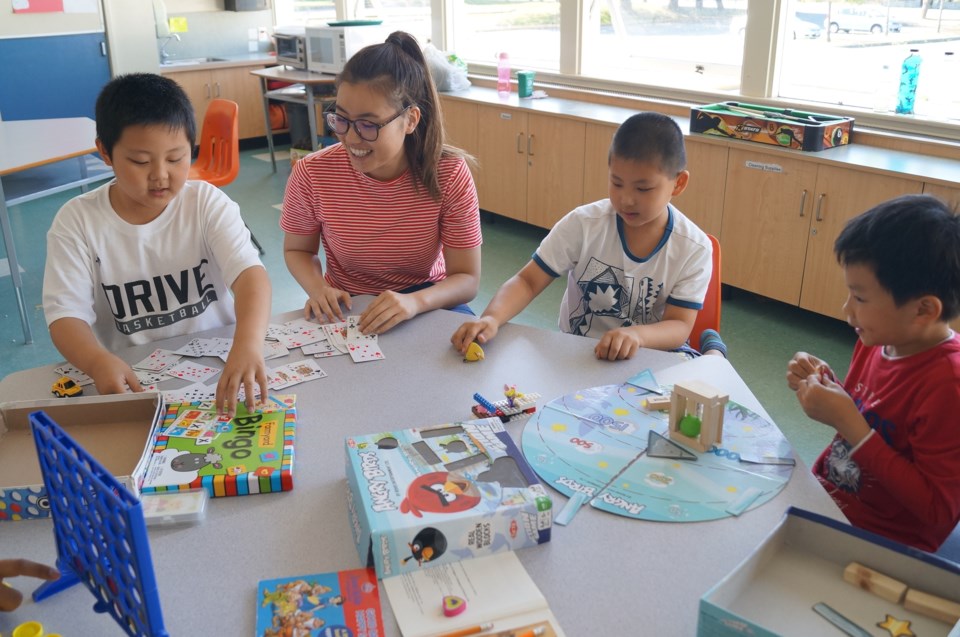Many families with low incomes and vulnerable children will be asked to fork over more money for before and after school care in Richmond thanks to increased fees imposed by the Richmond School District, according to Community Connections.
Marshall Thompson, executive director of Community Connections, a non-profit organization formerly called the Richmond Youth Services Agency (RYSA), told the Richmond News his programs, that lease space at three elementary schools, are being asked to pay an extra $1,100/month per site to staff janitors before and after school hours.
Combined, Community Connections — which works closely with Pathways Clubhouse, for Aboriginal youth — estimates it will need to pay an extra $30,000 per year, not including summer programming.
David Sadler, a spokesperson for the school district said, “All before and after school programs are required to pay staffing fees that are outside of school operating hours.
“(However,) over the past few years, administrators were taking their personal time to arrive early and open schools for the Community Connections program. This is not in line with district regulations and due to regular administrative changes at schools, it is not sustainable,” Sadler explained in an email.
As it stands, each school site (Blundell, Cook and Tait) hosts about two dozen kids at a time and combined, roughly 250 kids use Community Connections annually.
The program is open to all but focuses on helping low-income families with working parents, said Thompson.
Community Connections charges families on a sliding scale, based on income.Those who can, pay the full monthly fees (about $450).
Government subsidies allow families to pay less and the non-profit further reduces fees via grants as well as its own revenue streams.
“We worked for a long time to develop a model that was revenue neutral; in other words it’s a social enterprise,” said Thompson.
For example at Blundell, where many of the students live in subsidized housing, the school principal and Community Connections developed a program.
“The goal was to have kids who could pay for it, great; and for those who can’t, we can provide subsidies,” explained Thompson.
“We’re talking about families that basically, if they don’t have this childcare, they can’t go to work, which is a huge issue. Or, we have kids who wouldn’t be able to attend other programs because of their challenges.
”We’re one of the only service providers in Richmond that is willing to take some of these kids on.
“At the end of the day we just want to cover costs and make sure families that can’t afford full fees can get in there,” he said.
Board of Education chair Eric Yung said there has been no policy change.
“We’re not looking to make money, especially with our partnerships,” said Yung, adding Community Connections gets $4,000 from the district in grant money.
Thompson said the janitorial requirement makes no sense as the program has existed with no safety or sanitary problems for years.
However, Sadler noted that the fee schedules were established at the onset with the Connections Program.
Parent Elsa Rojas Marquez, a single mom who emigrated from Mexico 18 years ago, said the Blundell program has been a blessing for her family.
Her daughter Frieda spent five years there so Marquez could work full time.
Still, the $375 in fees she pays (with only a small grant) means her monthly budget is stretched.
“When I knew this program was opening in the same school, I thought it was a blessing; a miracle,” said Marquez.
“Everything changed. Since then, she found friendship and teachers who are like counsellors. They understood her, are very empathetic and always communicating with me.
“I know for other families it’s a struggle. They have families who come from different backgrounds and some kids have foster parents. They help them in such a good way.”
Thompson noted his early childhood educators are fully trained with extra skills in dealing with children with emotional problems.
They also earn a living wage.



